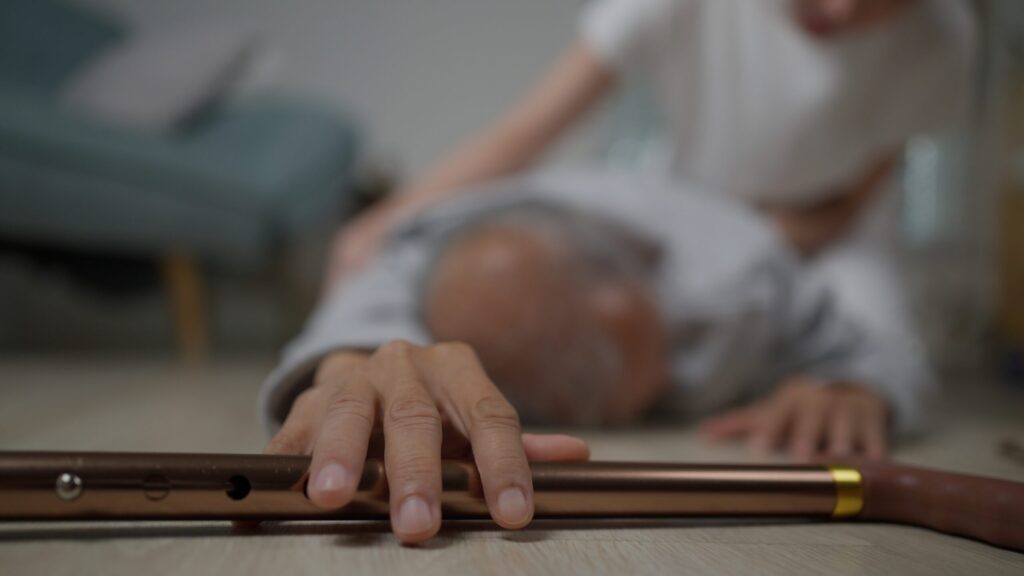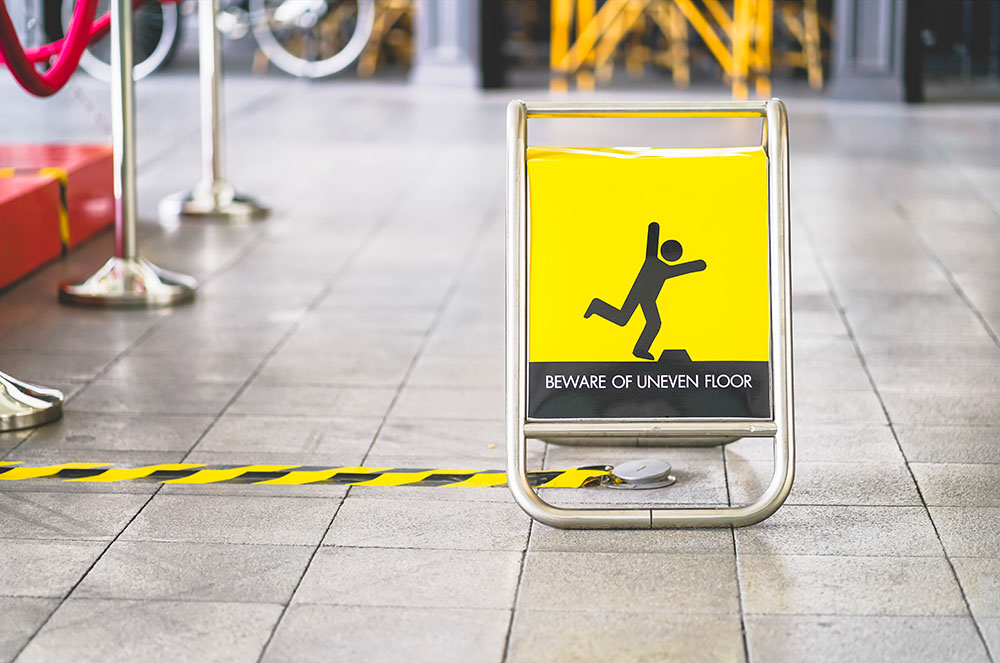What Can You Do if You’ve Been Hurt While on Hotel Property?
No one ever checks into a hotel expecting to get hurt. Sadly, a significant number of accidents and injuries occur in New York hotels each year. You may be surprised, upset, or frustrated if a hotel’s negligent actions caused your injury. However, it’s important to remember that you have rights in this situation, which apply even if you are visiting from out of town. An experienced personal injury lawyer can explain your rights as an injured hotel guest and help you determine if you may have a valid claim against the establishment.
What is the Hotel’s Responsibility to You as a Customer?
All property owners in New York have a duty to keep their premises reasonably safe for legal visitors. Because hotels are in the business of inviting individuals onto their properties for transactional purposes, they must take care to reduce or eliminate the dangers posed by foreseeable risks inside and outside their buildings. The hotel’s responsibility includes fixing dangerous conditions they should have been aware of or providing adequate warning to guests and visitors of these hazards. If a hotel does not maintain its property in a reasonable fashion and the unsafe condition leads to an accident and injury, it could be found negligent and held liable for the victim’s damages.
The hotel may also be responsible for the negligent actions of its employees. For example, imagine a hotel restaurant employee spills a pitcher of water on the floor, fails to clean it up in a reasonable amount of time, and does not put up warning signs around the area. If a guest slips on the wet floor, falls, and breaks their arm, the hotel could be liable for the employee’s negligence. Intentional harmful actions by employees, such as sexual assault, could also result in a valid personal injury lawsuit against the hotel.
What Damages Could You Recover if the Hotel’s Negligence Caused Injury?
A wide range of accidents can occur in and around a hotel, from elevator malfunctions to food poisoning to slips and trips on slippery surfaces. The severity of the injuries experienced can also vary based on the details of the incident. Broken limbs, head trauma, bruising and cuts, spinal injuries, infections, and emotional distress are just some of the potential injuries that victims can experience. These injuries can lead to hefty bills and financial distress.
If you have suffered injury or illness as a hotel guest or visitor, you may be entitled to seek compensation for your subsequent economic and non-economic losses. Examples of damages you could be compensated for include the following:
- Medical costs, including bills for surgeries, doctor visits, physical therapy, prescribed medications, and travel expenses for treatment
- Lost income due to missed work
- Pain and suffering related to your injuries
- Mental anguish
- Loss of quality of life if your injuries are permanently disabling
What Steps Can You Take to Protect Your Rights Following a Hotel Accident?
Not all incidents that occur on hotel property will result in a valid personal injury claim. To hold a hotel legally liable for your injuries and losses, you must prove that the establishment acted negligently. Establishing negligence requires solid evidence and a carefully built claim. Your actions immediately following a hotel accident could help you safeguard your right to file a claim in the future. These steps could prove beneficial if you do end up filing a claim:
- File a report: To ensure a record of the incident, speak to hotel management and file a report. Request a copy of your report for your records. In some situations that may have an overlap between personal injury and criminal law, such as assaults or robberies, it is vital to contact local law enforcement.
- Seek prompt medical treatment: Even if you are uncertain whether you intend to file a claim following a hotel accident, you should still get a medical evaluation to protect your health. If you decide to take legal action later, your medical record can provide an essential link between your accident and any injuries you suffered.
- Collect evidence at the accident scene: The location of your accident may be cleaned up or repaired rapidly, and key information to support your claim could be lost. Taking photos or videos with your phone, preserving your footwear or other evidence, and requesting the eyewitness’s contact information can bolster your claim. You or your legal team may also request surveillance video if the incident occurred on camera.
- Reach out to a trusted hotel accident lawyer: The time following an accident can be chaotic and stressful, and, unfortunately, there are many things you could do that may inadvertently harm your claim. By contacting a lawyer early in the claims process, you can give yourself the peace of mind of knowing your rights will be upheld and protected.
What is New York’s Statute of Limitations for Personal Injury Claims?
One key aspect of personal injury law that can affect your right to file a claim is New York’s statute of limitations. For a hotel accident resulting in personal injury, you generally have three years from the accident date to file your claim. Failure to meet this filing deadline can result in losing the ability to seek compensation for your injuries. While some rare circumstances may extend the filing window, it is critical to speak with a knowledgeable lawyer as soon as possible. Building a solid case can be a lengthy process, and evidence and witnesses become more challenging to obtain as time passes. Taking prompt action gives you the best possible chance of a positive outcome for your claim.
How Can Our Firm Help You?
Hotel guests anticipate a pleasant, relaxing stay, but that can all change in the blink of an eye if an accident occurs. Recovering damages from the hotel or their insurers can be a daunting task, but a skilled lawyer can make all the difference. If you’ve been hurt in any kind of accident on the property of a New York hotel, contact The Rizzuto Law Firm today at 516-604-5496 to schedule a free case evaluation.









